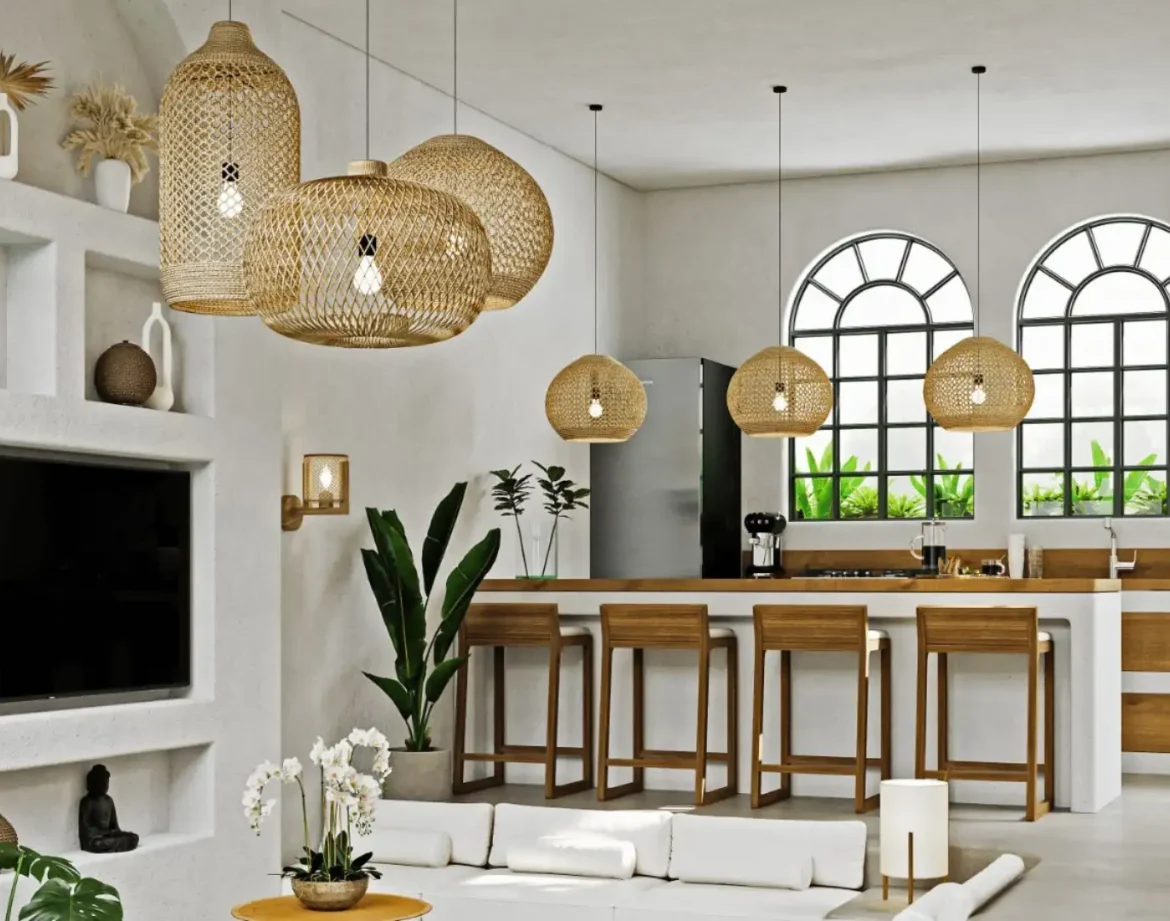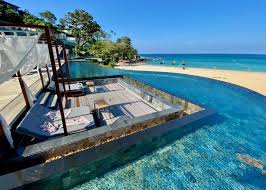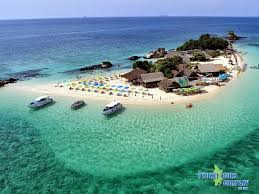How to Buy Off-Plan Properties in Thailand
Purchasing off-plan properties in Thailand is an attractive option for investors and buyers looking for a new home or investment opportunity. Whether you’re seeking a vacation spot, a rental property, or a place to call home, buying off-plan can be a cost-effective and flexible solution. Here’s a detailed guide on how to navigate the process.
Property Research: Investment or Private Use?
Before diving into the purchase, it’s crucial to define your purpose. Are you buying the property for personal use or as an investment? This distinction will guide your research and determine which types of properties are best suited for your needs.
Private Use
If you’re planning to use the property for personal use, consider factors like location, accessibility, and amenities. Popular choices for private use include condominiums and villas in tourist hotspots like Phuket, Bangkok, and Pattaya. Some off-plan projects may offer the option of entering a “rental pool” program, which allows the owner to rent out the unit when it’s not in use.
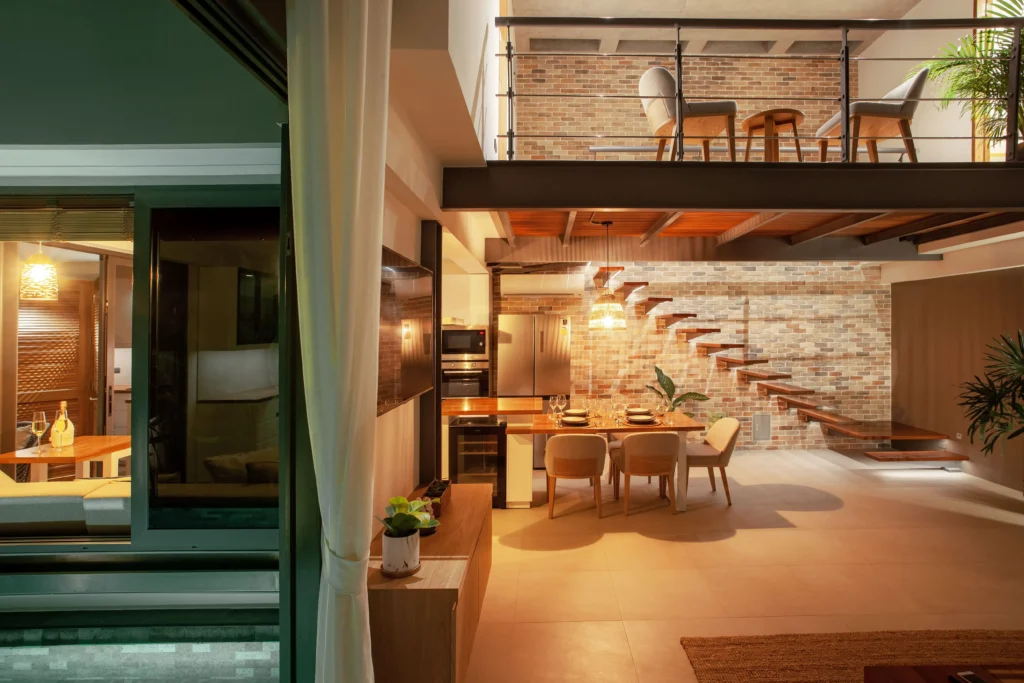
Investment Properties
For those looking to invest, it’s important to understand the different types of investment properties available. In Thailand, there are projects specifically designed for investors, often with rental guarantees or income-sharing programs like the rental pool. These projects may come with usage restrictions, where owners can only stay in the property for a limited time each year. Be sure to check for these restrictions if your goal is to enjoy the property yourself.
Selecting the Right Off-Plan Property
Once you’ve decided on your goal, start researching the available off-plan projects. Visit the developer’s sales office, study the floor plans, and check out model units. You’ll want to assess the project’s location, projected completion date, and amenities. Ask the developer about any restrictions, especially if you’re considering a property in a rental pool program, as these can impact how often you can use the property for personal stays.
Key Terms to Know:
- Rental Pool: A program where you can place your unit into a rental pool managed by the developer, sharing rental income with other owners.
- Private Use: If you intend to live or vacation in the property, focus on developments without usage restrictions.
- Usage Restrictions: Some investment properties may limit how many days per year you can personally use the property.
Payment Process: How to Pay for Your Off-Plan Property
After selecting the property, the next step is to figure out how to pay for it. In Thailand, foreigners cannot take loans or mortgages for property purchases. Therefore, you will need to prepare all payments in cash or through direct bank transfers.
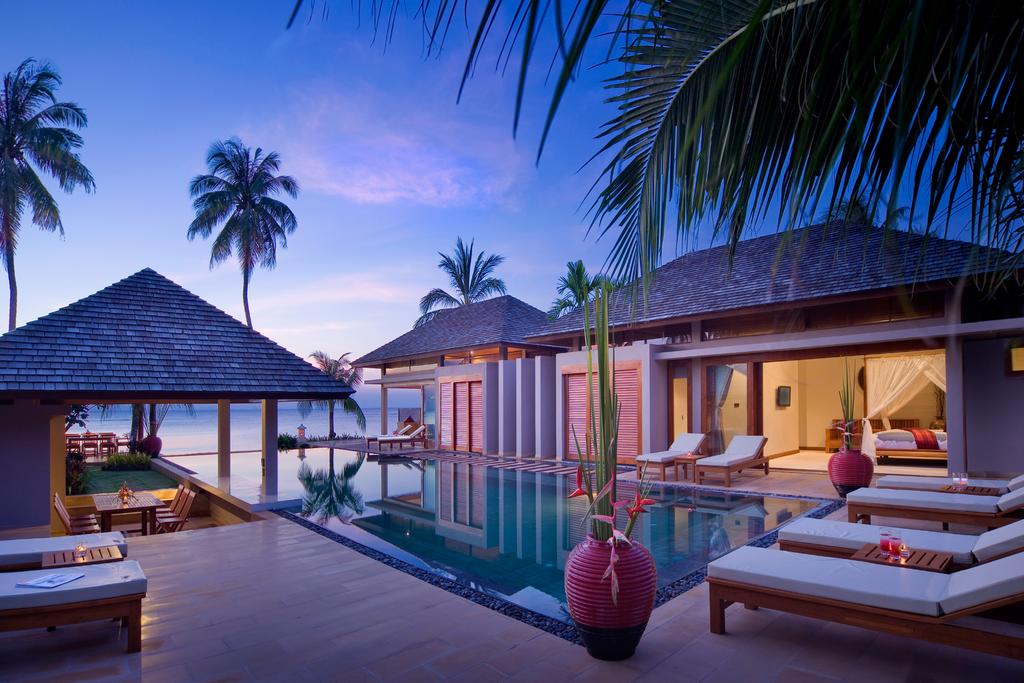
Initial Deposit:
For off-plan properties, the payment process typically starts with a deposit to reserve the unit. The deposit can range from 25,000 to 200,000 THB, depending on the type and price of the property. This amount secures your chosen unit and starts the formal buying process.
Installments Based on Construction Progress:
Once the deposit is paid, the remaining balance is usually divided into installments, which are tied to the progress of the building’s construction. These installments are spread out over time, often taking between one to two years, depending on the project timeline.
A common payment schedule might look like this:
- Deposit: 25,000-200,000 THB, depending on the property.
- First Installment: 20-30% of the purchase price upon signing the contract.
- Subsequent Installments: Payments made according to construction milestones, such as the completion of the foundation, structure, and final finishing.
- Final Payment: The remaining balance is paid upon the building’s completion and the handover of the unit.
Since foreign buyers must bring the purchase funds into Thailand from overseas, ensure that all transactions are recorded as international transfers, and the funds are exchanged into Thai Baht. The receiving bank will provide a Foreign Exchange Transaction Form (FET), which is required for registering the property in your name.

Legal Considerations: Documentation and Ownership
When buying off-plan properties in Thailand, it’s essential to understand the legal requirements. If you’re purchasing a condominium, foreigners can own up to 49% of the units in a given building. You’ll also need to ensure that the property is legally registered with the Land Department upon completion.
For houses and villas, while foreigners cannot own land directly, there are ways to structure the ownership, such as long-term leases or setting up a Thai company.
Why Buy Off-Plan in Thailand?
Buying off-plan in Thailand offers flexibility, potential price appreciation, and the ability to customize your future home. It’s essential to conduct thorough research, understand the terms and conditions, and be prepared for the payment process without the option of a loan. With the right approach, an off-plan property in Thailand can be a fantastic investment or a dream home in paradise.
